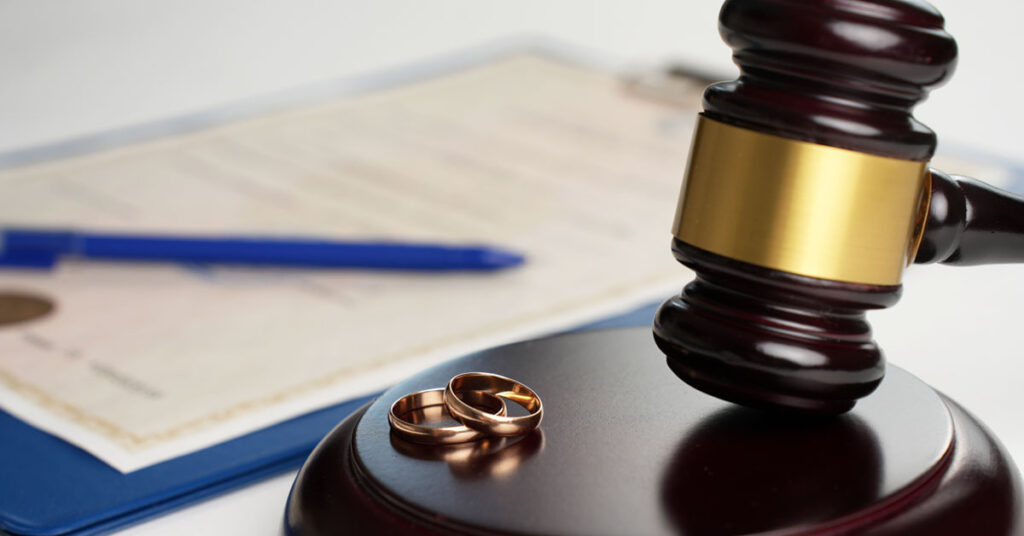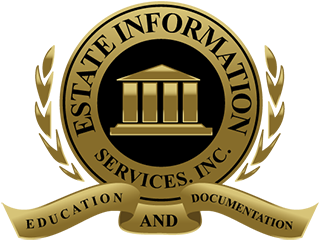How a Divorce Can Affect Your Estate

When people get married, divorce is never really on their mind but, unfortunately, life happens. It is as important to prepare for the worst-case scenario as it is to prepare for the best, and that means having plans set in place and understanding your rights and responsibilities. Marriage changes things, and it can complicate decisions that, at first glance, seem simple.
The simplest point that one should be aware of is their assets – which assets were yours before marriage and which assets were yours after marriage. The latter are marital assets and are harder to separate in a divorce. Long-term marriages complicate details further, such as when separate assets are marital assets mingle with one another, muddying the waters. This can become further confusing when gifts are considered – as they are known as separate assets even if incurred after marriage.
Marital property aren’t simply cars and houses, they are those things that we don’t even think about – such as pension plans, life insurance, and even businesses. These things are difficult to disentangle and vary from state to state. A pension plan can be split between a first spouse and a second spouse, go to only the former or only the latter, all depending on which state you live in. There are numerous details that can be protected by a trust, but marriage and divorce can complicate these further.
While written consent can be used to disinherit a spouse, that is not a guaranteed protection. If a marriage ends on good terms, and one or both spouses remarry, other issues can crop up when children are involved. A trust can be the answer in this case, too, as it can be written in that one’s children are not disinherited by an earlier or later spouse. A divorce is not always going to automatically disallow a former spouse from interfering in the handling of your estate, so it is important to know and understand the laws of the states that affect your property.
The easiest way to avoid pitfalls before divorce are prenuptials and postnuptial agreements, which are legally binding documents that stipulate how an estate is handled in the event of divorce, disability, or even death. These two types of legal protections are great, but they provide an unforeseen pitfall, much like wills. When drafting a trust, it is imperative that they not be contradicted in any manner by a previously written document or one that is written afterward. Contradictions can, and often will, lead to the contention of any trust that is not properly updated or reflective of one’s assets at the time of death. A properly drafted trust protects an estate from even the most ferocious of legal arguments. Your estate is important and it should be handled with care, even if your marriage cannot.


